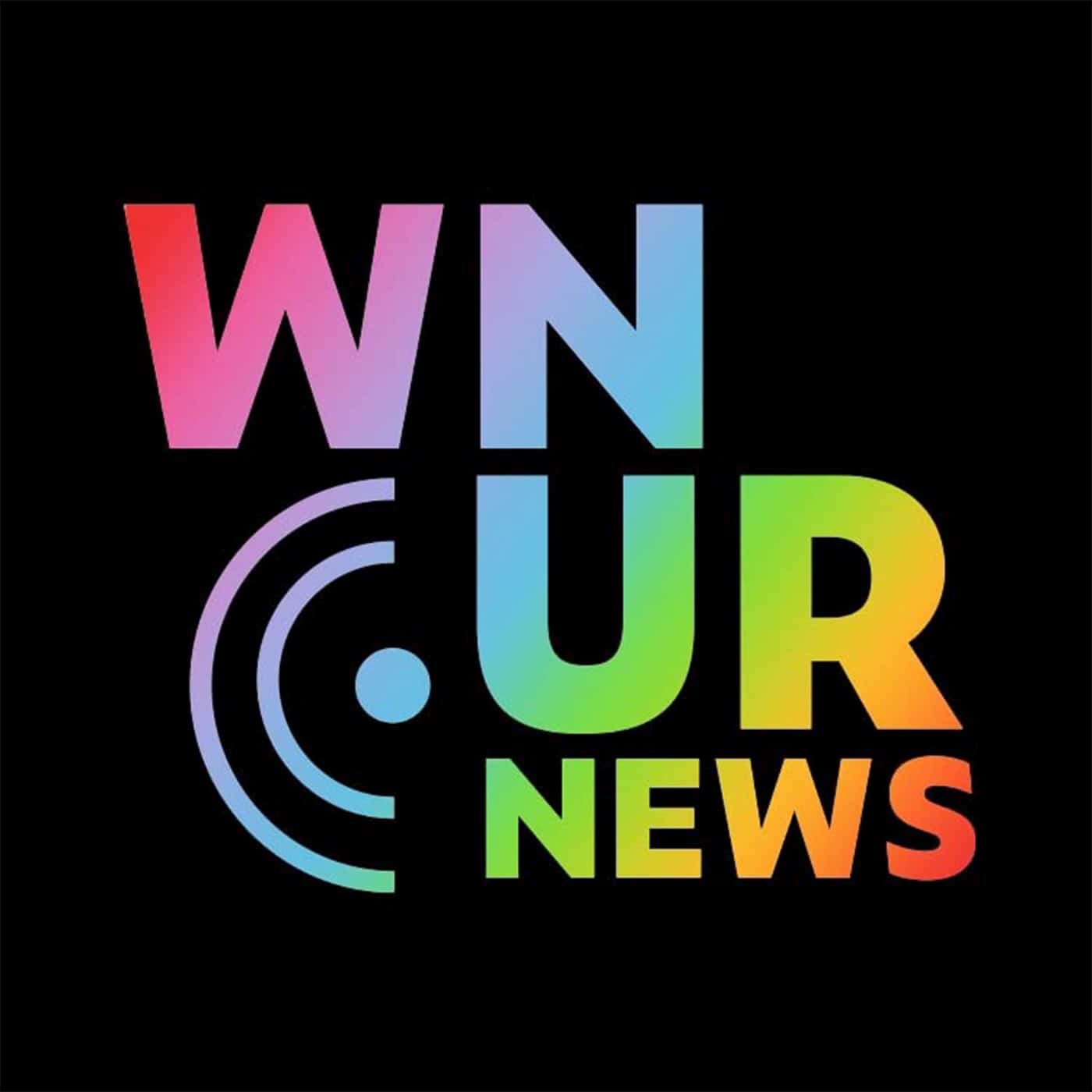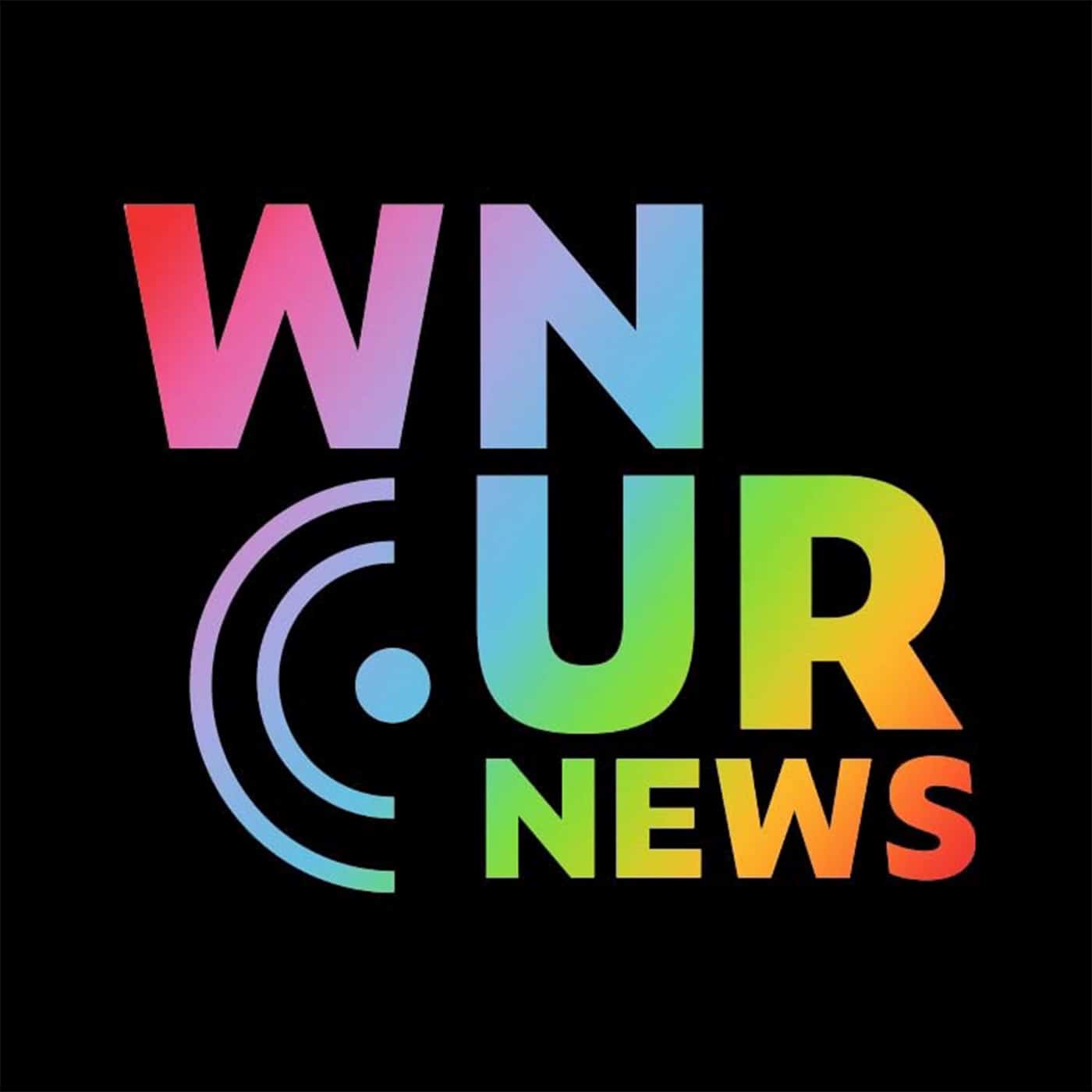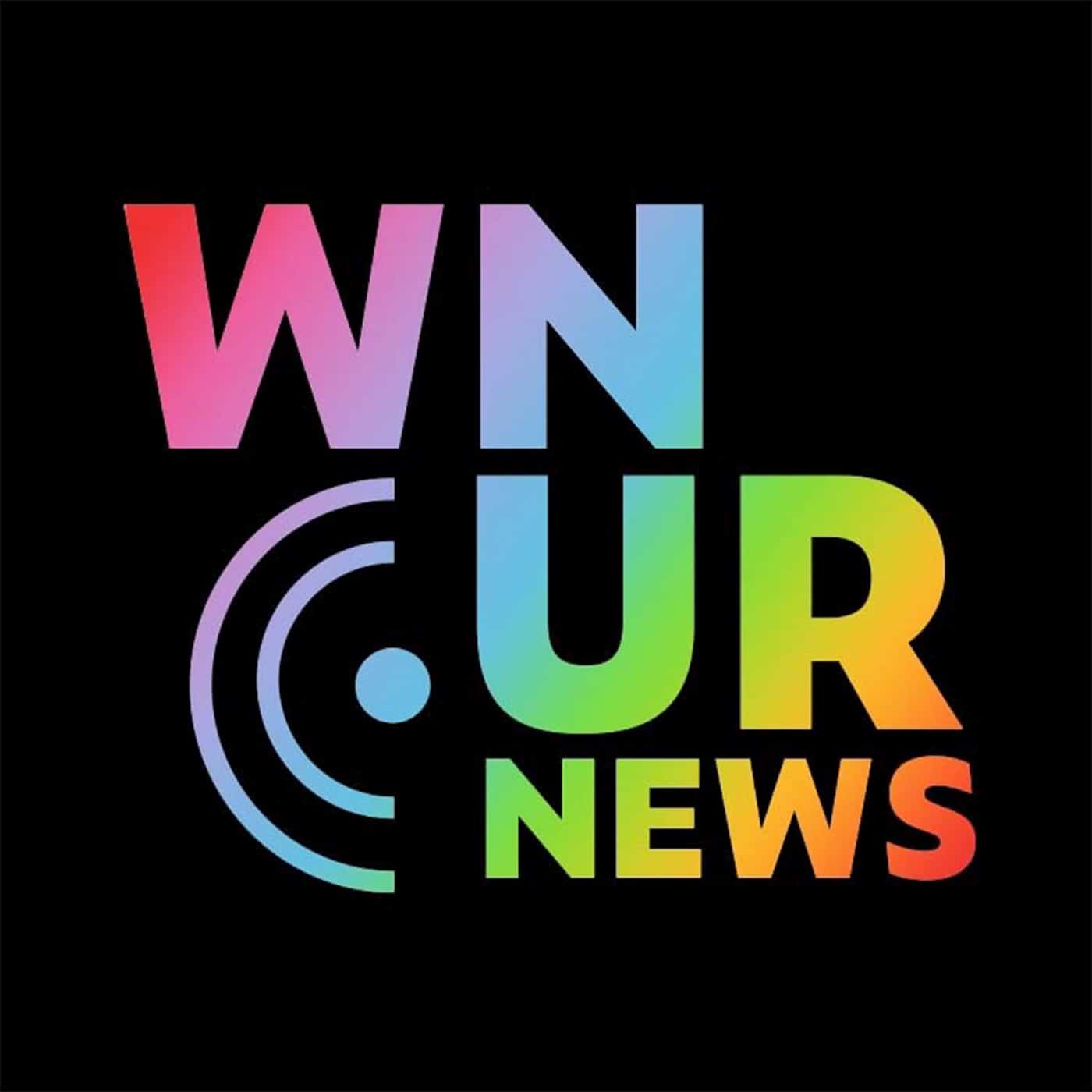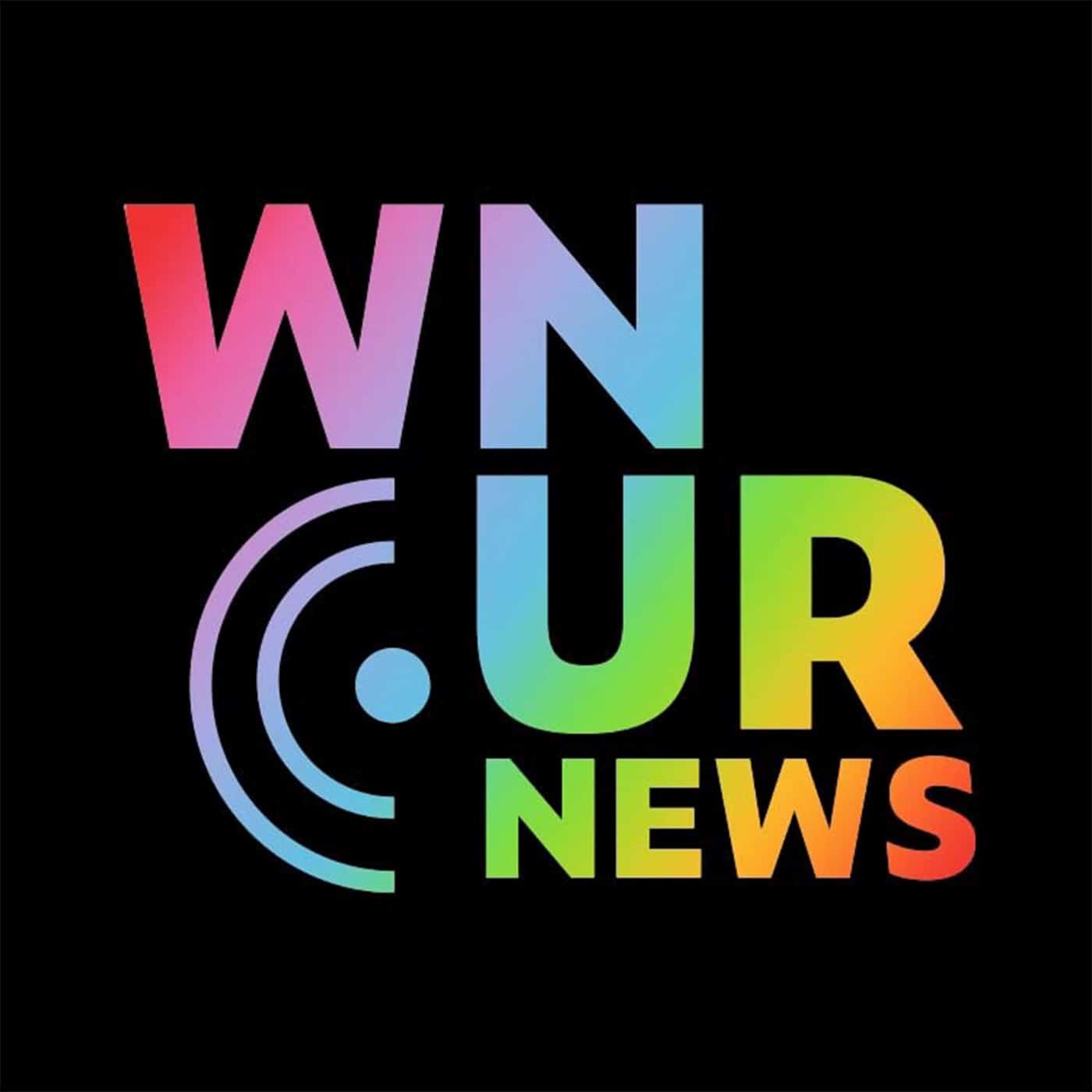View Full Transcript
Episode Transcript
Speaker 0 00:00:00 Content warning. This story contains references to racist language and historical genocidal violence.
Speaker 1 00:00:06 Universities tend to be very hierarchal and they'd become increasingly corporatized that doesn't work in native communities. We don't operate like that. We're community-based we have horizontal leadership structures. Um, we operate on the basis of consensus and that takes time.
Speaker 0 00:00:29 How do you build community and all the connections that flow through it in a space that's not only empty for members of your identity, but seeks to stay that way. How do you rally and include support from people outside of your identity? For years native and indigenous people at Northwestern have worked to create answers to these questions. And though the work has been far from easy, it has paid off in profound ways. The voice you heard at the start belongs to Patty Lowe, who is a citizen of the bad river band of the lake superior Chippewa at Northwestern. She's a middle professor and the founding director of the center for native American and indigenous research or senior senior was created only five years ago in 2017. And in that time has grown at staff exponentially and secured a community house within Evanston, low credits, this growth to the work of the entire community, especially student activists, demanding accountability from the university.
Speaker 1 00:01:20 It wasn't me that built the center. It was a foundation of native people here on campus, staff members, native students who continued to be really incentivized to help the center grow and the community people who, after we built relationships with them, understood what we were trying to do and decided that they were going to trust us. Okay.
Speaker 0 00:01:45 The student action on native issues at Northwestern comes from the native American and indigenous student Alliance or nasal in 2013. NAZA demanded for the university to reckon with the role its founder, John Evans played in the sand Creek massacre when in 1864, the us army killed around 200 Cheyenne and Arapaho people in sand Creek, Colorado under the direction of then governor Evans. This demand directly led to the creation of seniors several years later.
Speaker 2 00:02:13 I mean, um, I got you a non-grain indigenous cause. Um, <inaudible>
Speaker 0 00:02:20 On Tuesday members of NAZA held an open press hour at the senior house students, Isabel Saint Arnold, Isabel to Crow, Olivia Moss and Caden mills spoke with student reporters about the challenges they faced as native organizers, as well as their successes St. Arnold <inaudible> bay, Ojibwe descendant, and Sesame Sr said that just the growth of NASAs membership speaks to how far they've come in. The time she's been there.
Speaker 2 00:02:43 So when I first joined Mesa, it was me and one other students. And then, um, two staff members. And this year our meetings have consistently been 12 to 15 people. And that's still sounds like a very small number to a lot of, but seeing like NASA grow over these four years has been really impactful and power
Speaker 0 00:03:05 Though. NAZA existed for years before seen air the center's founding gave the students a grounding of institutional support a few years later in 2019 senior secured its house at five 15 clerk street, which Saint Arnold said was a huge step forward for the native student community.
Speaker 2 00:03:21 Having the space on campus like signals to native indigenous students. Like here's a space where you can come and be in community and you don't have to search for.
Speaker 0 00:03:31 Okay. Professor lo said, the house is so significant due to the loneliness and alienation often felt by native people on Northwestern's campus, as it provides a space where they can gather with cultural understanding and without judgment.
Speaker 1 00:03:44 So having a space where we understand smudging, we understand ceremonies, we understand how you need to heal and how important it is to be with others, to have a fire, to, to have, you know, a space where people really get you is so important. And I we're told over and over and over again by our native students, that that is really important to them.
Speaker 0 00:04:10 Unfortunately, however, the kind of organizing and advocacy done by NAZA and Sr does not go unchallenged and recent events show that public attacks of anti indigenous hatred can still emerge on campus. Last Thursday, November 4th, NAZA painted the rock with imagery and messages to commemorate native American heritage month. By the morning of Sunday, November 7th, their work was vandalized with racist and hostile messages. You are on Anishinaabi land was warped into your on China's land. The sentences bring our children home and happy native American heritage month were covered entirely. And a new message. Ojibwe, no way was added in the wake of this nasal called a community gathering Sunday night at the rock where members read their public statement and held a healing space.
Speaker 3 00:04:57 I think indigenous voices speaks to the climate of our campus and that our work here is never done. We were the first one to acknowledge the targeted statements against all or two, my students, faculty, staff, and community members. We stand with you and extend our support to you in any way we can offer it. Second, we acknowledge what was written about Chinese land and may extend our support to all Chinese community members hurt by this racist rhetoric. Finally, we support the offer, our support to all native American and indigenous students, faculty, staff, and community members on and off this campus who were affected by these actions,
Speaker 0 00:05:31 Students and community members at this gathering also participated in a round dance and nasal hung a banner at the rock as a response to its defacing.
Speaker 3 00:05:40 I've decided not to repeat over the rock as of right now, um, as a community today, we took the time to feel together and process what have, what has happened. Um, so instead we have painted a banner and it says, and yet we are still here
Speaker 0 00:05:55 At the press hour on Tuesday to Crow and mills. Thanks students for their show of support at the gathering, but added that non-native allies and community members should continue to engage with resources, posted online, to educate themselves on native issues.
Speaker 4 00:06:08 Thank you to all the community members that came out last night and thank you to all the support, um, the food, absolutely everything that has given to us yesterday. Um, but like let's keep fighting. Let's keep going.
Speaker 5 00:06:20 You can't be a good ally if you really don't understand like the issues that we're facing. Yeah. I think that students need to be engaging with, you know, the resources that we have for, you know, supporting indigenous community. Um, MSA has resources that they have published and put out there. Um, but honestly that's just the start. So
Speaker 0 00:06:40 Professor lo said, she was surprised at the turnout of students at the rock Sunday evening, and that this helped to replace the hurt of the initial attack with hope and encourage
Speaker 1 00:06:48 Holy smokes. Look at all these people Sunday night that came up to support us students showing up 10 o'clock on a Sunday night. Um, almost spontaneously. I have, I still don't have any idea on how they got organized so quickly,
Speaker 0 00:07:06 No coming out of this attack, where does the native community go from here? Lo said that real material support from the university senior leadership is badly needed or else seniors foundation of native students will dwindle as fewer and fewer see Northwestern as a worthwhile place to apply to and attend.
Speaker 1 00:07:23 We're building something remarkable, but if we don't have the students to sustain it, our faculty are going to leave. You know, and, and everything that we built is going to crumble
Speaker 0 00:07:34 For NASAs part, Saint Arnold said they have no intention of interrupting their planned events. And we'll look to building deeper relationship with student groups across campus. She specifically thinks student activist groups such as in you community, not comps students for justice in Palestine and fossil free Northwestern for their commitment to prioritizing native and indigenous perspectives in their work,
Speaker 2 00:07:54 Because this really felt feel like they always are not only thinking of, um, like how they're being affected by like these systems of oppression, but they're also considering how, um, other marginalized communities are being affected too. And, um, like amplifying that, I feel that a lot from those groups and I'm like very thankful for that. And I'm glad that we've been able to build those relationships
Speaker 0 00:08:21 To Crow added that continued support and turnout from non-native students is welcome and wanted, especially at the different public events. Nasal holds such as the recently announced Palo Alto planned for spring 2022.
Speaker 4 00:08:32 You know, you see an event on campus, go to it, right? Whether or not we're not exclusive to anyone. I think a lot of people see our student group and think that these events are exclusive to an inner community. They're open to everyone on campus and we'll let you know if they're not like we did yesterday. Um, but we want people to come out. We want those crowds
Speaker 0 00:08:52 At the rock gathering Sunday mills express their for the turnout directly in the event's closing
Speaker 6 00:08:58 Jamie grudge to all of you who came out here to heal with us, to share this space with us, to decolonize this space, indigenize this space and round dance in this space. It's really, really beautiful to see so many wonderful people get together for something so important. So with that, any other closing remarks, all right,
Speaker 0 00:09:24 From Anishinaabi land, this is Alex Harrison, WMUR news.




